

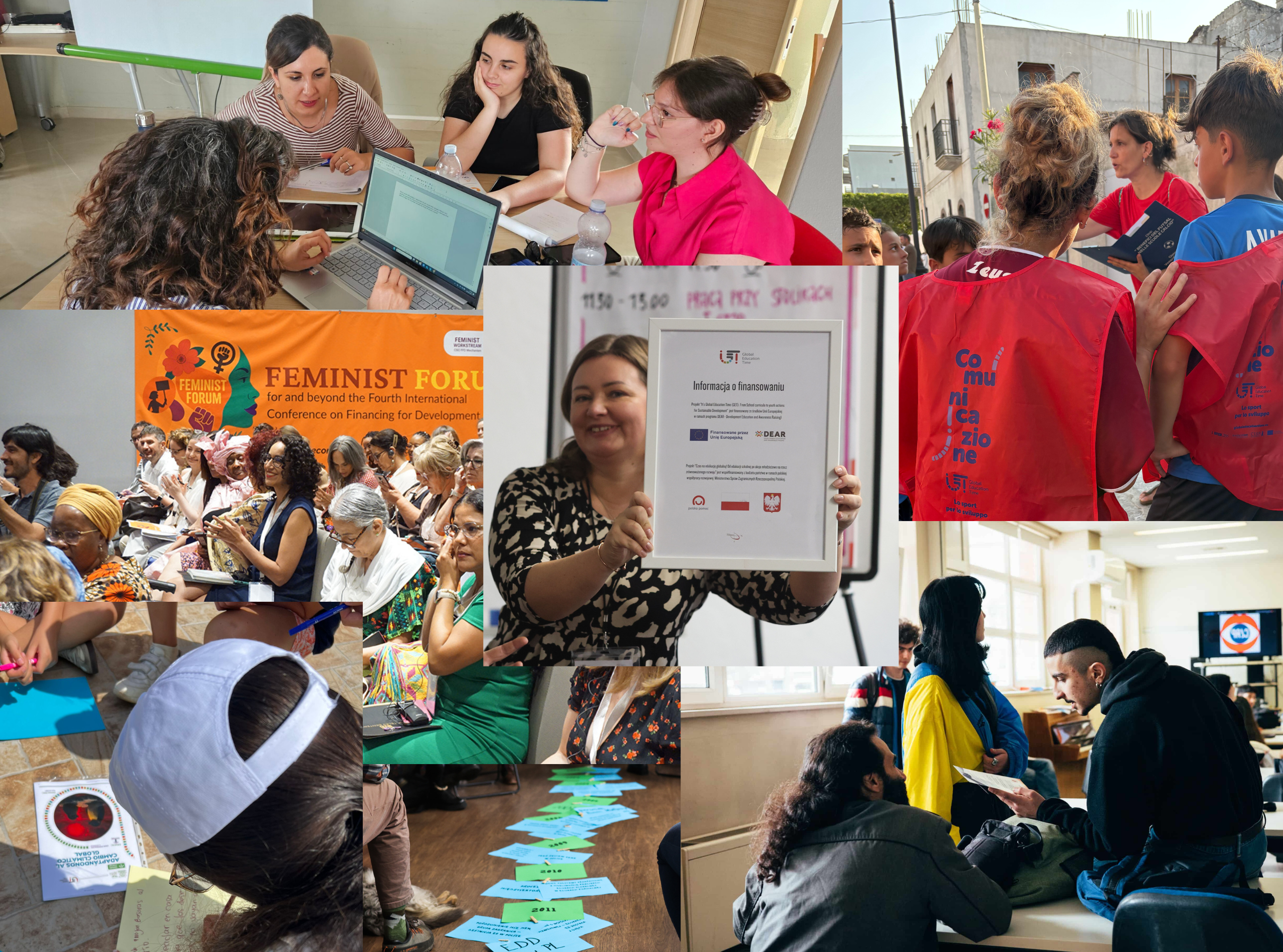
As the new school year is getting started, the GET teams across Europe are preparing for their return to the classroom. We asked them to briefly share their upcoming activities: here are their responses.
Nine schools from different parts of the country will start working with us for two school years, teaching global topics and supporting students in organizing events for the public.
At the end of September, we are holding a seminar for pre-service teachers who want to incorporate global education into their teaching practice, regardless of what subjects they will be teaching.
We are also finishing a new set of lessons on the topic of climate change, and we look forward to adding it to our existing sets once it is complete.

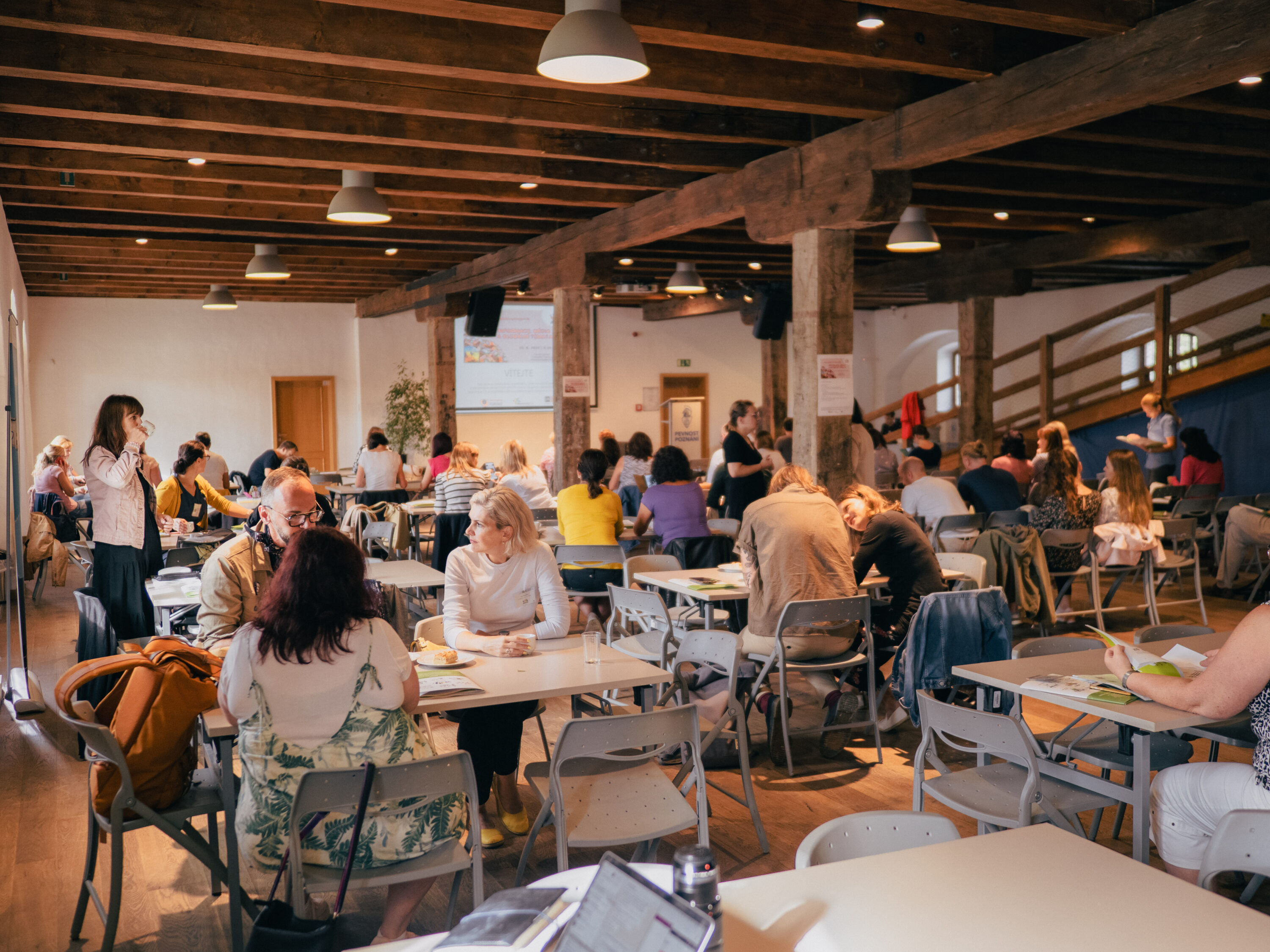
We will keep our hands full with teachers’ training and a strong focus on youth actions.
The training for pre-service and in-service teachers will be held in Viana do Castelo, while in the Alpiarça cluster of schools we will offer certified training for teachers.
This year, the training will look into two of the four global issues of the project – international inequalities and climate change – with strong assets to support the whole school and young activists’ actions: a youth worker and artists from the Global South will join us and work with teachers on creative and engaging actions.
Our focus will be on promoting the use of our three Teaching and Learning Units (TLUs) and kick starting youth action in the classroom. We will be actively promoting our TLUs on international inequalities, climate change and migration at a number of events. This includes conferences for history, geography and CSPE (Civic, Social and Political Education) teachers and a national forum for Education for Sustainable Development (ESD) in October. We will have articles published in the ESD national newsletter and the history teachers journal in late September. We continue to promote the GET project with pre-service teachers and have introduced the TLUs to teacher education programs at other universities.
In early October, we are hosting an event for teachers centred on youth action, supported by two youth workers to set us on the path of designing inspiring and impactful actions.
As the new school year begins, the GET project in Bulgaria enters a pivotal phase.
Ten more teachers from three Bulgarian schools will join the project, using and testing educational materials with students aged 11 to 15. This builds on the achievements of the previous school year, during which 30 teachers successfully piloted lessons with over 700 students across the country.
In ten schools, preparations are underway for large-scale youth and student actions. More than 2,000 students are expected to participate in these youth-led actions, making them one of the most impactful components of the project in Bulgaria.
In October 2025, we will host the Multistakeholder Seminar on Global Citizenship Education: “It’s Global Education Time: Sharing GCE Policy, Research and Practice” in Sofia. The event will bring together key stakeholders in the education field, experts and researchers, policymakers, representatives of educational authorities, teacher educators, civil society networks, and European institutions.
Keep following us to learn more about it.
In Lazio, we will train teachers on Global Citizenship Education (GCE) with a focus on climate change and migration, facilitate TLUs testing in classrooms with the involvement of youth workers and activists, and support students in planning youth-led actions throughout the school year. In Calabria, we will continue promoting GCE through Sport for Development, training teachers and non-formal educators, and testing this approach with adolescents to strengthen socio-emotional and global citizenship skills, as well as responsibility for sustainable development.
In Sardinia, following the classroom experimentation phase led by teachers, we are preparing to launch youth actions in collaboration with the Istituto Comprensivo di Villamar. Students will be involved in active citizenship activities designed to engage the local community, fostering a sense of belonging and responsibility. Meanwhile, teacher training will continue with expert-led sessions on our Big Ideas. The first, on November 7, will focus on gender inequality and will feature renowned sociolinguist Vera Gheno.
In Sicily, together with local migration organizations, we will host events, workshops, and conferences to empower young people to challenge migration stereotypes and contribute to their communities. Moving beyond traditional learning, these initiatives will help young people become empathetic and proactive agents of positive social change.


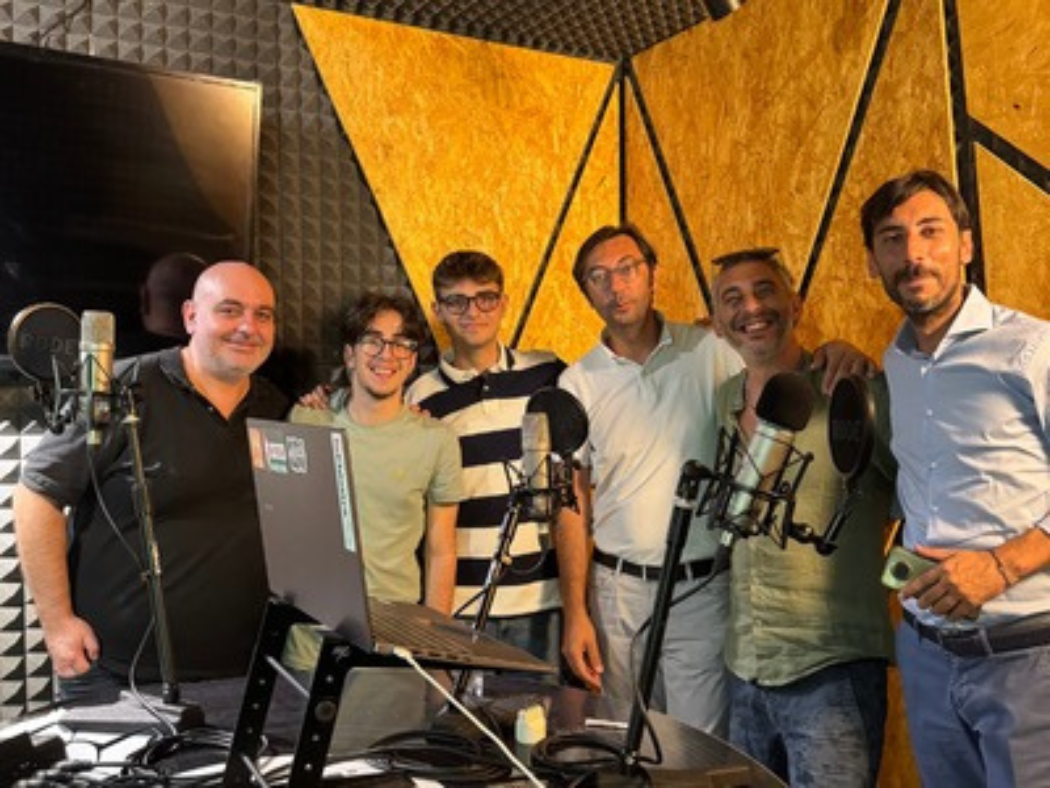
Looking ahead to the new academic year, student engagement and youth initiatives in Central-Northern Spain will be further enhanced through the incorporation of artistic expressions such as music and theatre. In particular, the recent agreement with the Warner Music Foundation will provide a strong platform to foster youth creativity, using it as a catalyst for critical reflection and meaningful commitment to the core challenges addressed by the GET project: global inequalities, climate change, gender equality, and migration.
In Andalusia, we will continue the collaboration with our pilot school in Seville, adapting the TLUs to the school’s context and designing awareness-raising activities to implement with students in the local community. We will finalise the design of the TLUs on gender equality and climate change, along with other educational materials on community mapping, awareness-raising actions, and podcasts. All these resources will be used to organise a course for teachers in rural schools.
We will also conduct a public presentation of the research results on the challenges and opportunities for the implementation of GCE in the Andalusian curriculum.
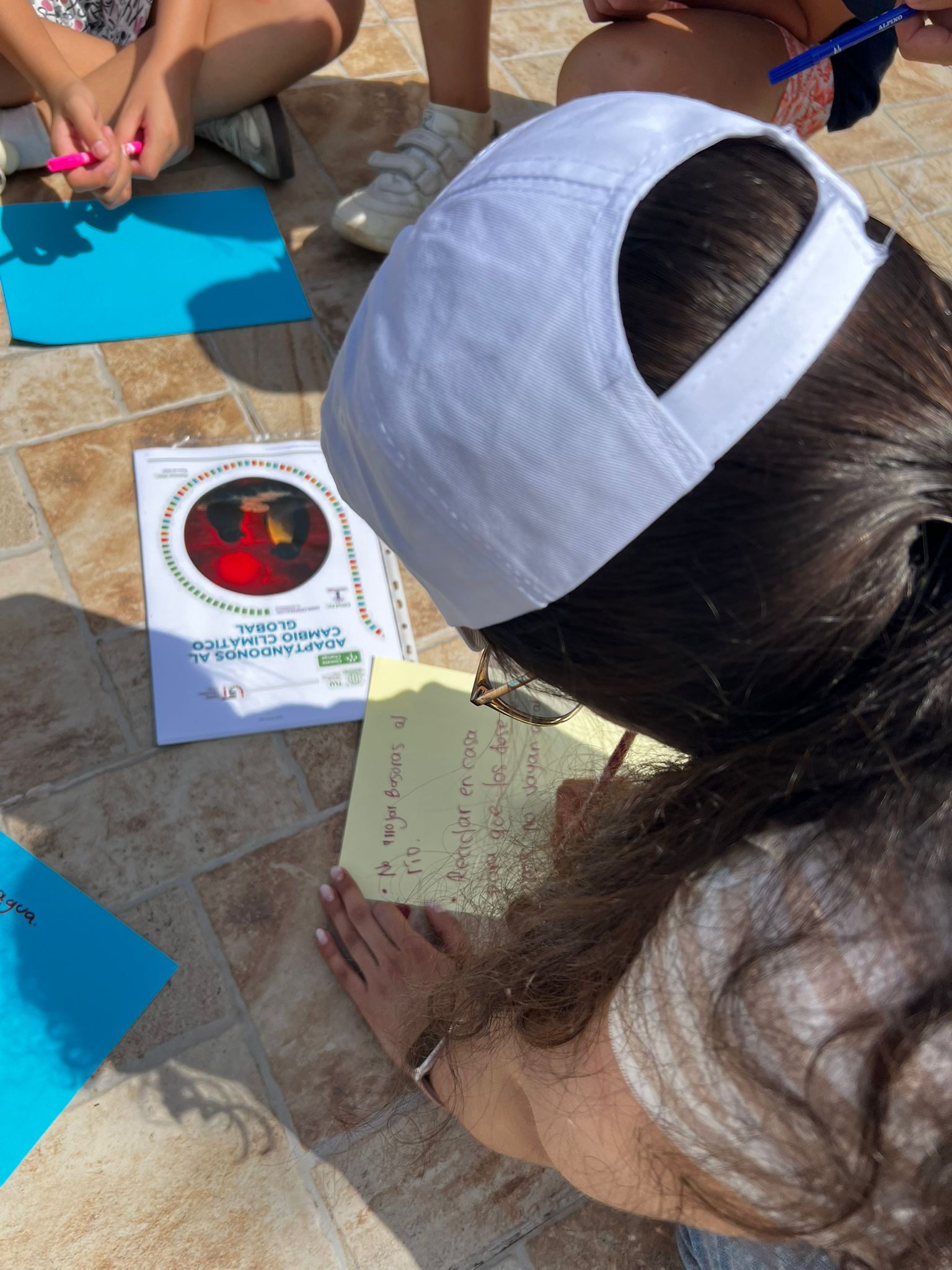

Last year, we joined a Ministry Advisory Group to modernize Environmental Education for Sustainability (EE/ES) in primary and secondary schools. Goals for the next year include integrating EE/ES and Active Citizenship into curricula, aligning with the 17 SDGs via school action plans. We developed four Teacher Learning Units (TLUs) for 2025–26 pilot training, and we will collaborate with regional authorities, the University of Ioannina, local universities, and local cultural groups to promote the four Big Ideas.
In 2025, we began strategic cooperation with the Centre for Education Development (the National Teacher Training Institution at the Ministry of Education in Poland), supporting the implementation of a new subject: civic education in upper secondary schools. As part of the core curriculum, we strongly emphasise global citizenship both in terms of knowledge and skills, as well as individual and group civic actions undertaken by students. We are planning a series of online training courses and offline training courses in several cities in Poland, as well as participation in meetings for methodologists from all over Poland.
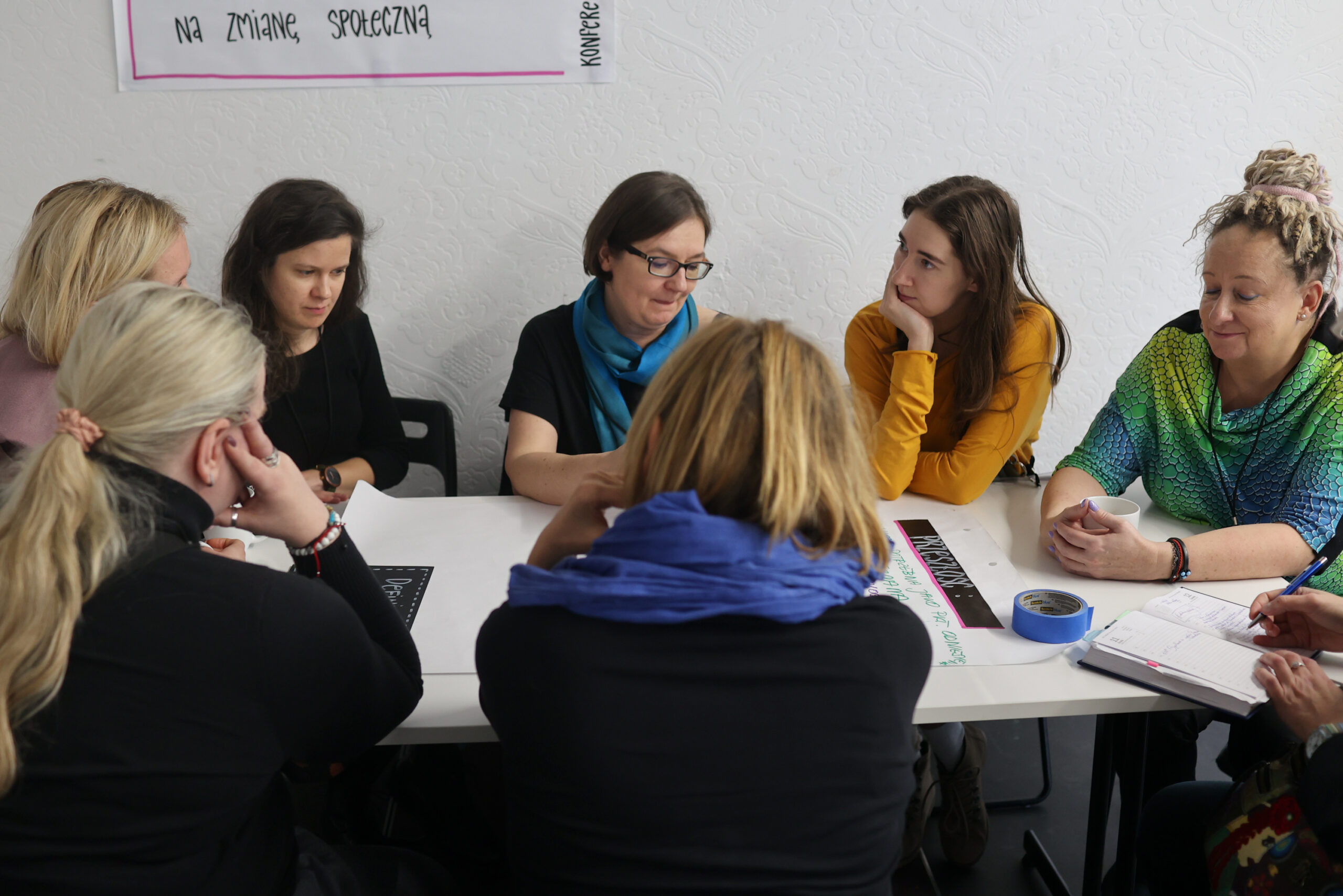
These are just some of the activities planned for the new school year by the GET partners across Europe. Follow us on social media and subscribe to our newsletter to stay up-to-date with our latest initiatives.
